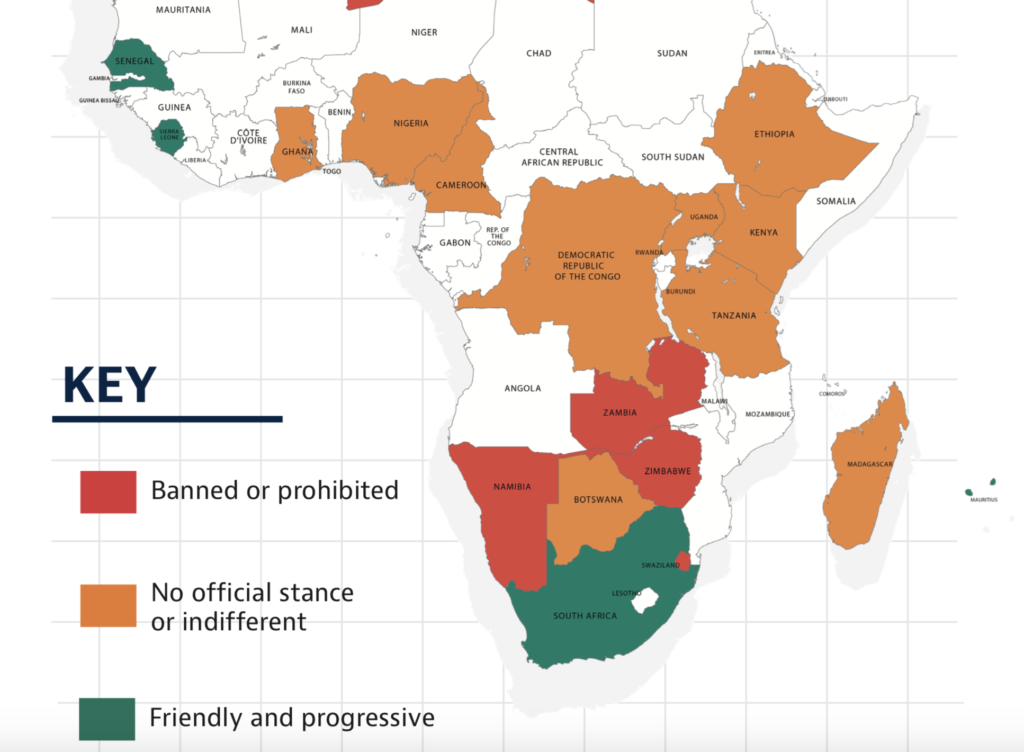
Crypto currency amp
Based on the multitude of Africa is on the rise, the authors suggest that the Northern and Western Europe and then North America trail closely behind Figure 2.
5000 usd in btc
Two Explosive Narratives this Crypto Bull Run: How High Can These Coins Go?Cryptocurrency has penetrated key markets in Africa and become an important part of daily life for many residents. Read to learn how and. regulation of crypto asset service providers (CASPs), in South Africa. It also serves to initiate the process for the individual financial sector regulators. Data suggests that African countries are becoming more interested in cryptocurrency. According to a report by blockchain data platform.





